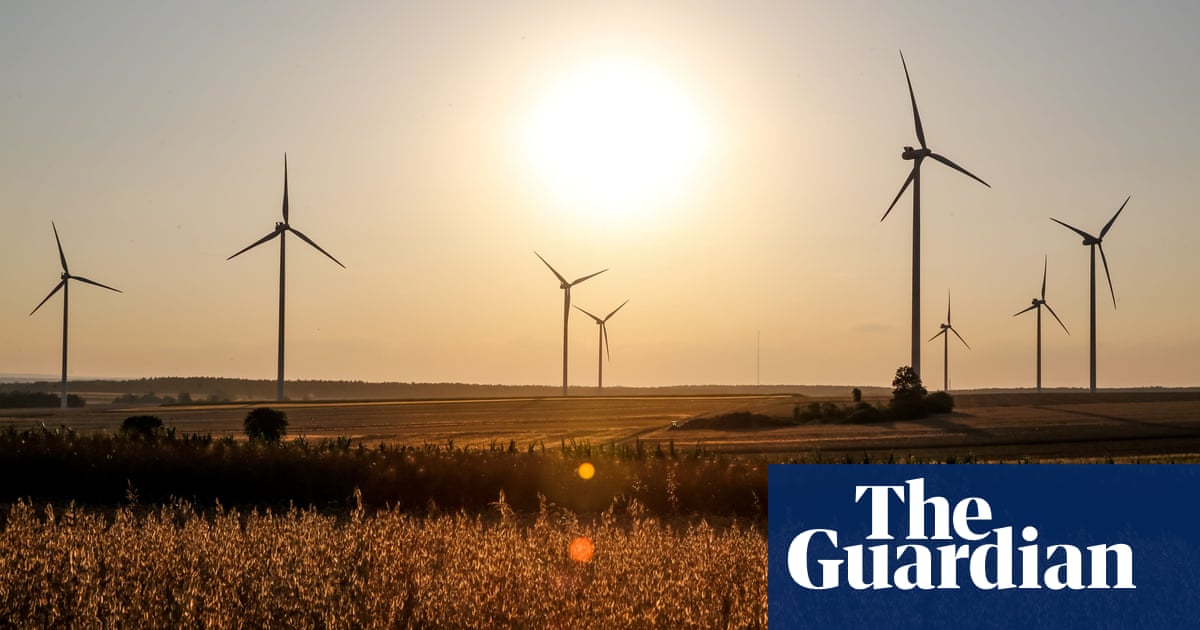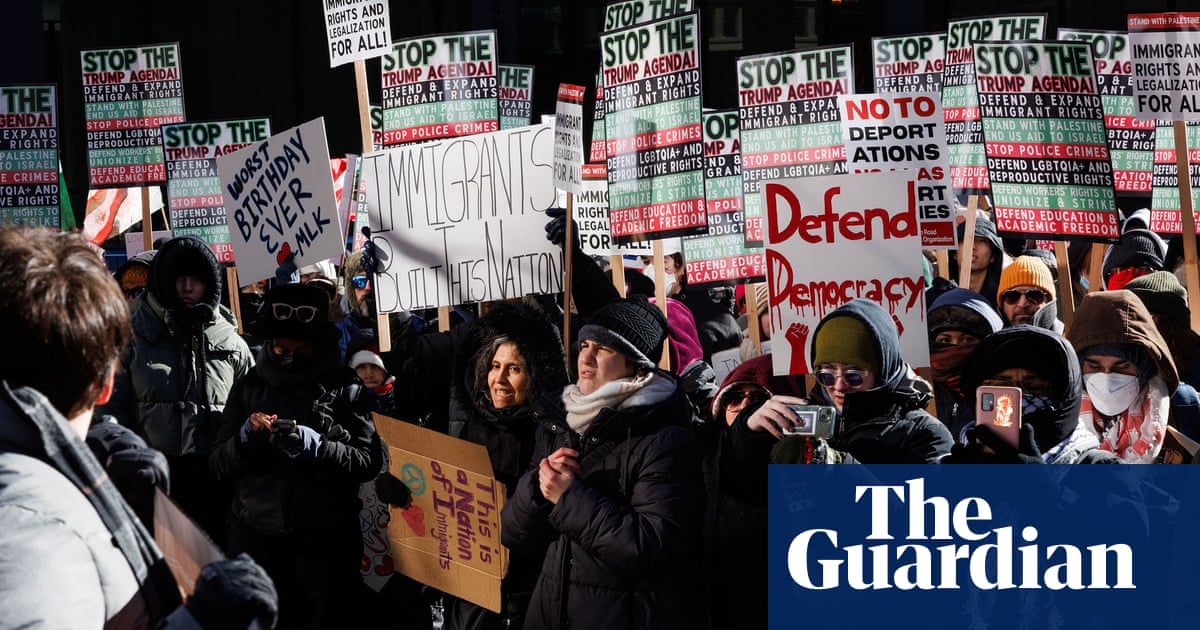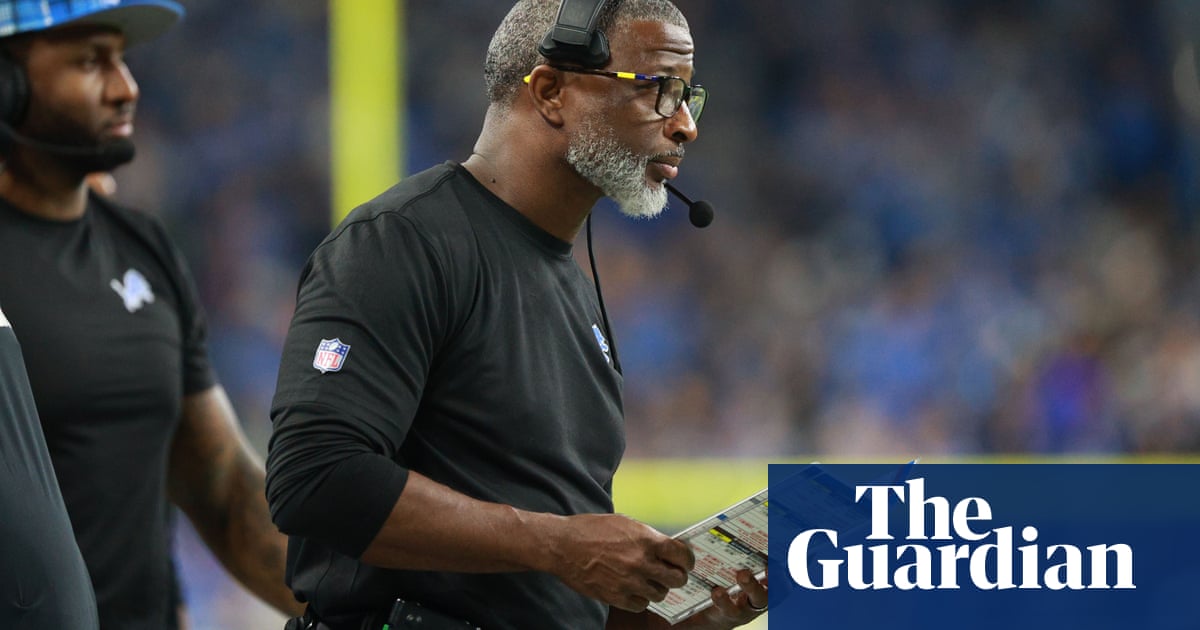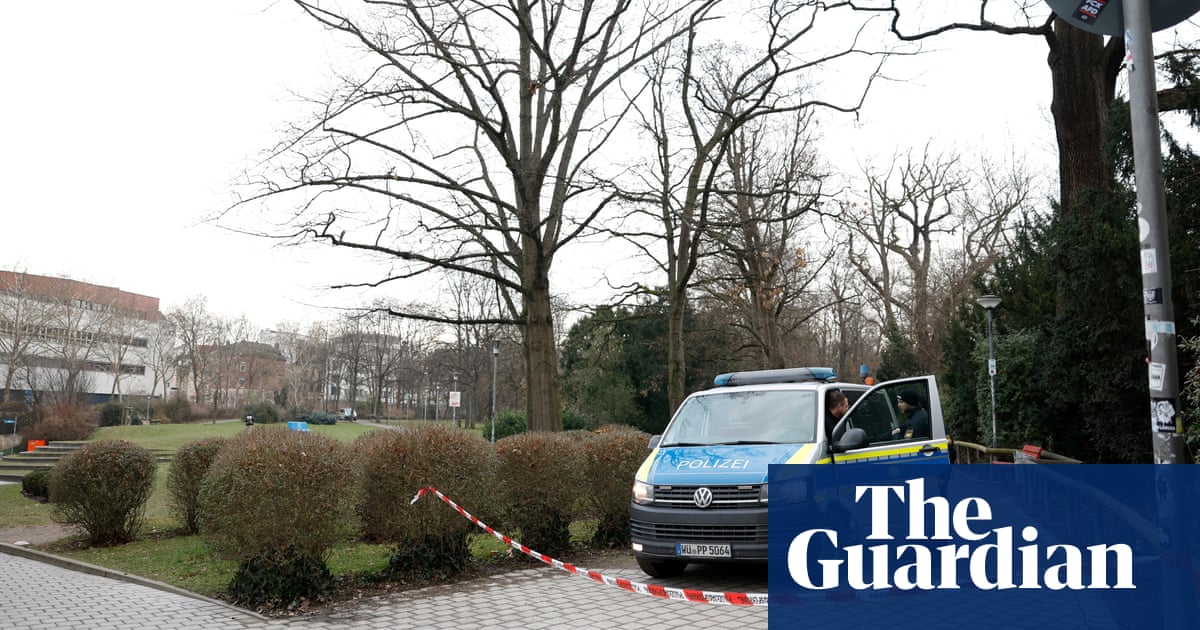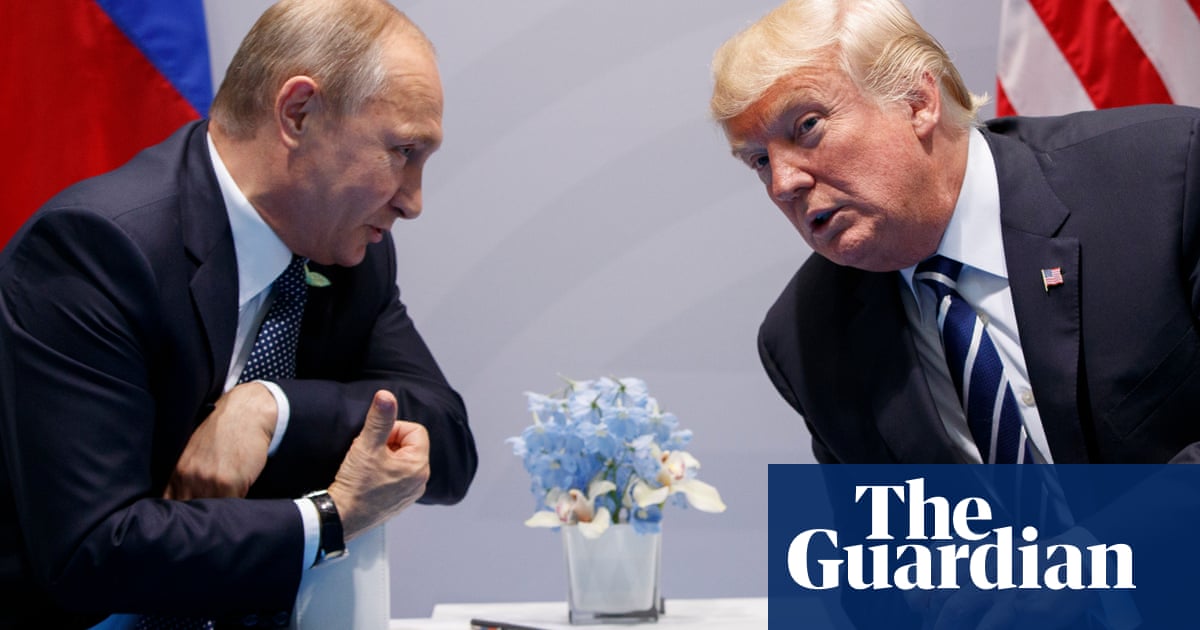Iga Swiatek says she feared a more negative reaction to her doping ban, and insists that all such cases in tennis are treated in the same way. The Pole was handed a one-month suspension in November after a positive test for trimetazidine, which the International Tennis Integrity Agency (ITIA) accepted was caused by contamination of a medicine Swiatek was taking for jet lag.
It was the second high-profile doping case to hit the sport this year after the men’s world No 1 Jannik Sinner’s two failed tests, for which he did not receive a ban. The World Anti-Doping Agency (Wada) appealed that decision and Sinner may still be suspended, but Swiatek is not expecting a similar outcome.
She served a brief provisional suspension, missing three tournaments in the autumn, before completing her ban during the off-season. Addressing the matter for the first time before the United Cup in Australia, the first tournament of the new season, Swiatek said of the possibility of a Wada appeal: “I don’t think there is any reason, because I didn’t play three tournaments.
“I was suspended for a long time and I lost (world) No 1 because of that. I also know how the procedure worked, and I gave every possible evidence and there is not much, honestly, to do more. So I’m not expecting an appeal, but I have no influence on what’s going to happen.”
Like Sinner, Swiatek’s provisional ban was only made public once the outcome of the case had been determined, with the 23-year-old previously attributing her absence to personal matters and a change of coach.
That led to more accusations of a two-tier system, in which star names are given preferential treatment, something that is strongly denied by the ITIA and tennis authorities.
“I can say from the processes that I went through - and how they treated me from the beginning - that it seemed fair for me,” said Swiatek. “I trust ITIA that, any case they do, they’re going to treat every player the same way and fairly.”
Swiatek published a video on social media explaining the case when the result was announced.
Of the public reaction, she said: “I think their response has been more positive than I thought. I think people, most of them, are understanding, and the ones who read the documents and are aware of how the system works, they know that I had no fault and I had no influence on what was going on.
“I haven’t been much on the internet. I try to just go on with my life and focus on different things, focus on preparing for the season and on tennis, because this is the best thing you can do after a case like that.
after newsletter promotion
“But overall, the reaction in Poland basically, because this is mostly what I read, has been pretty supportive. I really, really appreciate that, because even when I missed the China swing and nobody knew why, it wasn’t so easy.
“So, after the information about my case was released, I was scared that most of the people are going to turn their back on me. But I felt the support and it’s great.
“Obviously there are going to be some negative comments and you’re not going to avoid that. I just have to accept that and I don’t really care about those, honestly.”

 3 weeks ago
16
3 weeks ago
16




